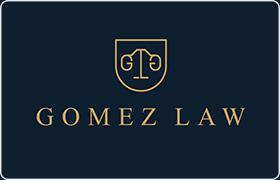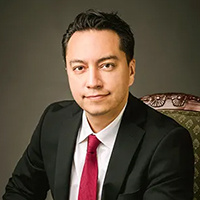ADMINISTRATOR
A person appointed by a probate court to handle the distribution of property of someone who has died without a will, or with a will that fails to name someone t...
(more...)A person appointed by a probate court to handle the distribution of property of someone who has died without a will, or with a will that fails to name someone to carry out this task. administrator ad litem A person appointed by a probate court to represent an estate during a lawsuit. (Ad litem is Latin for 'during the litigation.') An administrator ad litem is appointed only if there is no existing executor or administrator of the estate, or if the executor or administrator has conflicting interests. For example, Jerry's will leaves most of his property to his brother, Jeff, and also names Jeff as executor of the will. But Jerry's sister, Janine, feels that Jerry made the will under improper pressure from Jeff, and brings a lawsuit to challenge it. The court appoints an administrator ad litem to represent Jerry's estate while the lawsuit is in progress. Also known as administrator ad prosequendum, meaning administrator 'during the prosecution.' administrator ad prosequendum See administrator ad litem.administrator cum testamento annexo See administrator with will annexed. administrator de bonis non (DBN) Latin for 'administrator of goods not administered.' This term refers to the person appointed by a probate court to finish probate proceedings when the executor or previous administrator can't finish the job.administrator de bonis non cum testamento annexo (DBNCTA) A baffling title for an administrator appointed by a probate court to take over probate proceedings when the named executor dies, leaving the job unfinished.administrator pendente lite Latin for 'administrator pending litigation.' This term refers to the person appointed by a court to begin probate proceedings during a lawsuit that challenges the will. The administrator pendente lite takes an inventory of the deceased person's property and handles the business affairs of the estate until the dispute is settled. Also called a special administrator.administrator with will annexed An administrator who takes the place of an executor under a will. The administrator steps in either when a will fails to nominate an executor or the named executor is unable to serve. Also called administrator cum testamento annexo or CTA, the Latin version of 'with the will annexed.'
 x
x

 Mark Gomez Los Angeles, CA
Mark Gomez Los Angeles, CA Practice AreasExpertise
Practice AreasExpertise
